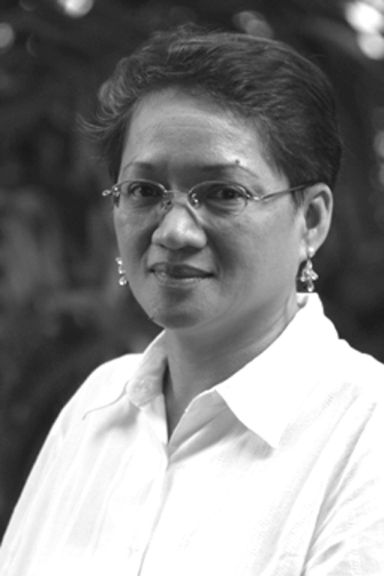Co-op intervention needed in conflict zones

APALISOK
October is Co-operative Month and cooperatives are stepping up to raise their visibility as a way of bringing attention to the human development work that some 20,000 cooperatives are doing through eight million members across the archipelago.
The theme for this year’s celebration is “Empowering the Poor and the Vulnerable Towards Job Creation and Poverty Eradication.”
There’s an underlying message for co-ops other than community wealth creation because I think the theme is a clarion call for a focused, unified and stronger co-op intervention in the conflict zones in Mindanao where women, children and the elderly are bearing the brunt of ideological and religious conflicts.
Reports say some 359,000 people have been displaced by the fighting in Marawi City where the military continues to battle against the deadly ISIS-inspired Maute forces and the Abu Sayyaf jihadist groups.
When the war broke out in May this year, hundreds of thousands of families were forced to flee their homes and live in crowded evacuation centers or tents where food and water are not easily available.
Children were forced to quit school, many suffered from diseases and psychological problems as their homes and businesses were reduced to rubble.
This is the other dimension to the conflict that often gets blurred when the military talks about the war in terms of annihilating the Maute and jihadist terrorist groups.
Congress is bent on rebuilding war-torn Marawi City and many other towns in Lanao del Sur and Lanao del Norte through a proposed budget of P20 billion. Since national government agencies will take command of the huge appropriation with politicians casting a moist eye on a potential political tool, I hope we will not see a repeat of what happened to the foreign donations intended for victims of Super Typhoon Yolanda.
In the aftermath of Yolanda (international name: Haiyan) the Commission on Audit released a comprehensive report in 2014 regarding the failure of the government to properly manage relief funds and deliver relief goods and services. The saddest part is we have yet to hear of cases brought against those who diverted the donations or left relief goods to rot in warehouses while the victims have nothing to eat.
I have always advocated that government tap the network and infrastructure of self-help organizations like cooperatives in the management of calamity funds because co-ops have a proven track record of at least 30 years.
Their initiatives and programs are always geared towards the benefit of its members whether it is in wealth creation, education or green initiatives. Moreover, the cooperative economy so-called thrives in democratic practices where leaders are accountable and members have a voice.
Last month, I had the rare privilege of being invited to the national board meeting of VICTO National to share experiences and learnings from the Development Education Course held in Halifax, Canada (June 4–11, 2017).
The federation has access to training programs offered by international linkages, and it is through VICTO that I earned a slot in the full immersion program offered by the American National Credit Union Foundation through the St. Mary’s University School of Business in conjunction with the Caribbean DE program.
Co-op executives Noemi Apuhin of Riverside Cooperative based in Bacolod City and Maylene Malapitan of Cemimpco in Danao City also shared interesting learnings about their exposure trips to Singapore and Japan respectively.
During the meeting, I learned that VICTO board of directors has responded to the call of the International Cooperative Alliance (ICA) to extend financial assistance to the victims of Hurricanes Irma and Maria which devastated the Caribbean islands including southeastern coasts of the US.
The humble donation of US$1,000 is expected to lead the federation’s 200 active affiliates to contribute to the kitty as an expression of solidarity with co-op communities battered by the deadly hurricanes Irma and Maria.
* * *
The 12th edition of the Philippine DE program opens today in the VICTO Haus in Beverly Hills, Cebu City. Close to 20 participants have listed up, eager to learn fresh insights from top notch credit union and co-op professionals.
The lead facilitator of PHDE 2017 is none other than my good friend, Michael “Mike” Beall, former CEO and president of the National Cooperative Business Association NCBA and Cooperative League USA (CLUSA). Mike is still very much in the thick of CU and co-operative affairs as chief strategic and advocacy officer of Credit Union Strategic Planning in Washington, DC.
Together with Philippine DE guru Dudz Samson, VICTO National executive consultant as co-facilitator, the PHDE 12th edition is expected to give participants a nosebleed, but having gone through the PHDE in 2013 and the international DE in Canada last June, I can guarantee the DE is a hot program in terms of fun, excitement and great learnings.
Disclaimer: The comments uploaded on this site do not necessarily represent or reflect the views of management and owner of Cebudailynews. We reserve the right to exclude comments that we deem to be inconsistent with our editorial standards.




